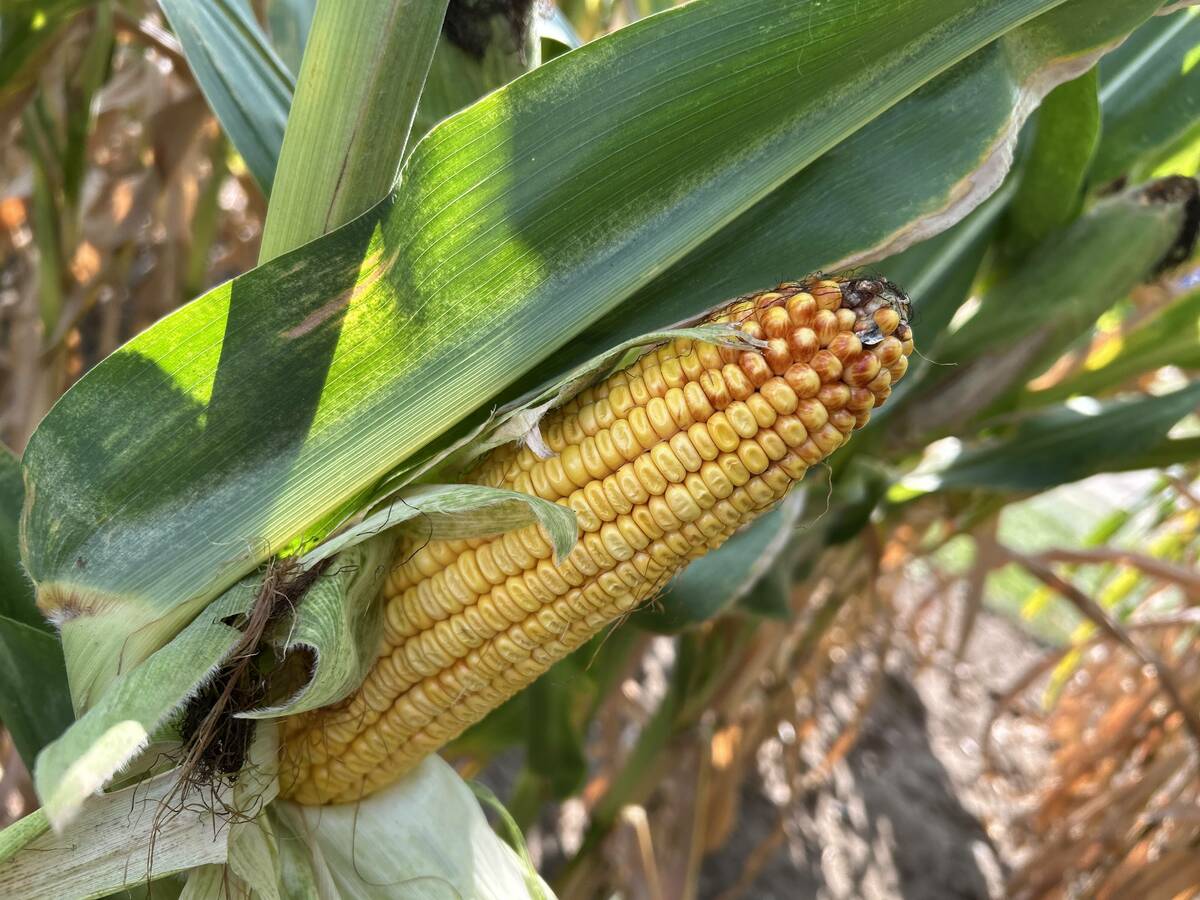When prairie farmers receive their barley plebiscite questions and election material in the mail, they will receive three conflicting analyses telling them how they should vote and why.
When agriculture minister Chuck Strahl announced the controversial three questions to be posed to farmers who have grown barley in the past five years, he also announced that three non-governmental analysts had been asked to prepare commentary on the questions.
The resulting analyses included in the plebiscite packages mailed out Feb. 7 to be returned by March 13 are likely to raise more questions than they answer for undecided farmers.
Read Also

Crop estimates show mixed results
Model-based estimates used by Statistics Canada showed the 2025/26 crop year has seen increases in canola, corn for grain, oats and lentils production while seeing dips in spring wheat, durum wheat, soybeans and barley in comparison to 2024/25.
The brochures are heavy on assertion and argument but light on evidence.
University of Saskatchewan agricultural economist Murray Fulton, arguing for retention of the CWB single desk, writes that while wheat board financial data must remain secret, those with access to it conclude that “the average price it receives is consistently higher than what would have happened had there been multiple sellers.”
He said the CWB has fostered grain company competition at ports, and loss of the board “could now lead to less competition if the grain companies consolidate in response.”
Fulton argues there is no evidence that enemies of the monopoly are correct when they insist the CWB could successfully operate as a voluntary pool in an open market.
“Large voluntary pools do not exist for grain in any of the major grain-producing countries.”
Manitoba farmer Rolf Penner, associated with the conservative Frontier Centre for Public Policy in Winnipeg, writes in favour of the second question that offers the choice of selling to the wheat board “or any other domestic or foreign buyer.”
He said the example of the prairie hog boards that continued to operate after they lost their single desk power disproves the argument that the CWB cannot exist without a monopoly. Critics insist the comparison is invalid because the hog boards do not need infrastructure and typically do not sell internationally.
Penner suggests that a competitive market would lead to higher prices and more malting plants in Canada.
He dismissed arguments that without elevators and a handling infrastructure, the CWB would not be able to function since it would have to negotiate grain handling deals with its grain company competitors.
Penner said CWB foreign contracts will allow it to make foreign sales, and grain firms will be happy to offer competitive rates for using their facilities.
“In a choice environment, the CWB will be a marketing agent for farmers and not a competitor with the grain companies,” he asserted.
Arguing in support of an option that would see the CWB out of barley marketing entirely, University of Calgary political science professor and conservative commentator Barry Cooper insisted that CWB supporters such as Fulton do not produce credible defences because they use financial information provided by the wheat board.
“The CWB claim to produce economic benefits is based on internal studies using data no external analyst has seen, nor do they compare farmgate returns in Canada to those in the U.S.”
He also claims farmers don’t control the CWB, and within government only the spy agency Canadian Intelligence Security Agency is as secretive.
“Secrecy breeds both suspicion and a culture of unaccountability,” wrote Cooper. He insisted an end to the monopoly would provide higher prices for farmers “and sustain political liberty.”
This week, the agriculture committee of the House of Commons will debate and likely approve a Liberal motion that Strahl’s three questions be withdrawn and farmers offered a choice between an open market or the CWB monopoly.














